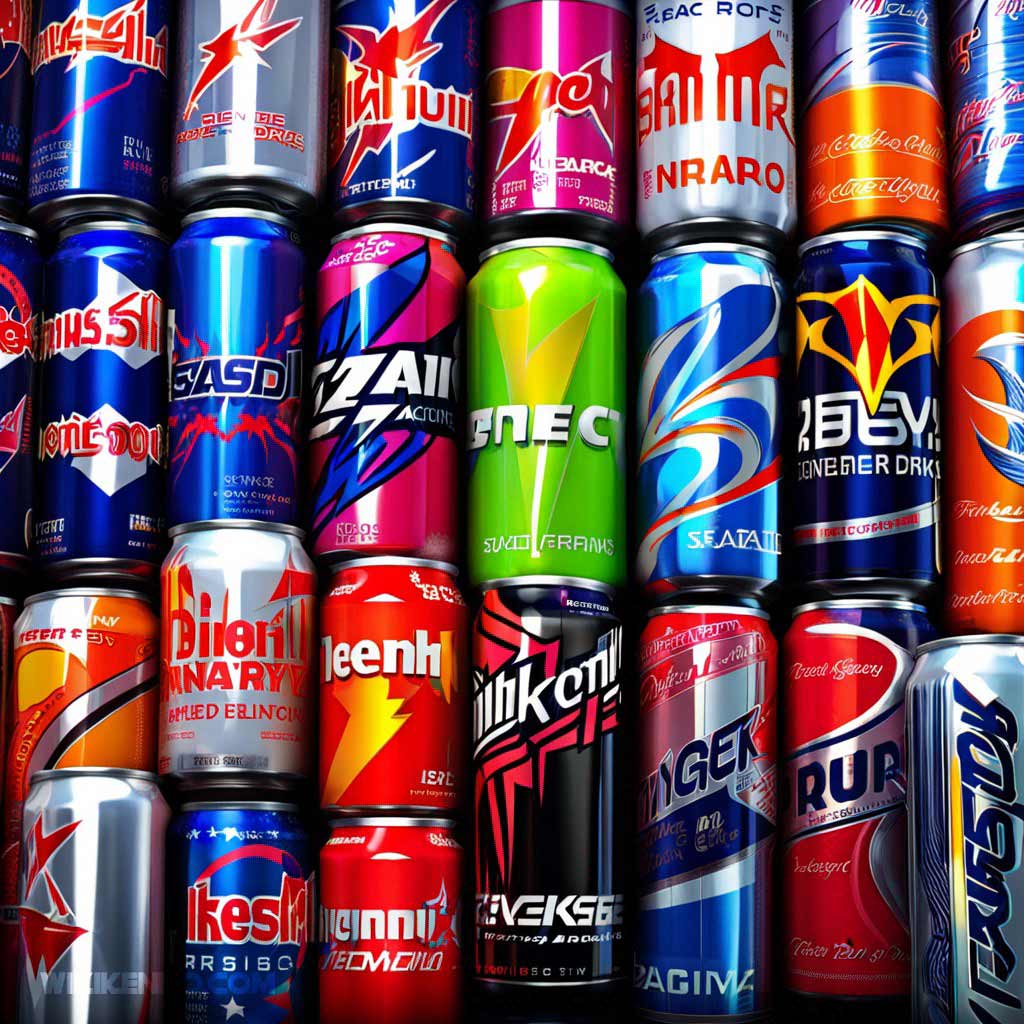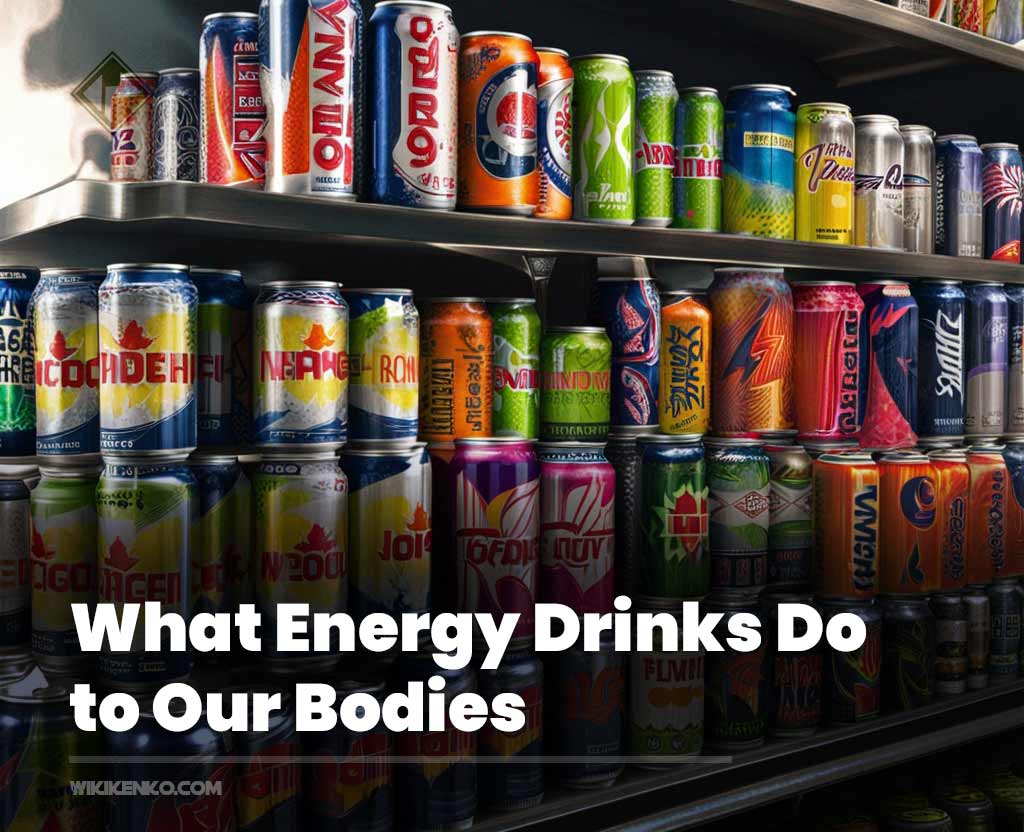Energy drinks have gained popularity in recent years, particularly among young individuals seeking a quick energy boost. However, it is important to understand the potential effects these beverages can have on our bodies.
From the ingredients they contain to their impact on various bodily systems, energy drinks can have both short-term and long-term consequences.
Primary Ingredients
One of the primary ingredients in energy drinks is caffeine. While caffeine can provide a temporary increase in alertness and energy, excessive consumption can lead to negative effects such as increased heart rate, elevated blood pressure, and disrupted sleep patterns. Individuals with underlying health conditions or sensitivities may be more susceptible to these adverse effects.
Relevant articles: Aspartame, the Artificial Sweetener, to Be Classified as Carcinogenic?
Sugar
In addition to caffeine, energy drinks often contain high amounts of sugar. Excessive sugar intake can contribute to weight gain, tooth decay, and an increased risk of chronic conditions such as obesity and type 2 diabetes. The combination of caffeine and sugar can also lead to energy crashes once the initial effects wear off, leaving individuals feeling even more fatigued.
Stimulants
Moreover, energy drinks may contain additional stimulants such as guarana, taurine, and herbal extracts. While these ingredients may provide a temporary energy boost, their long-term effects are not well-understood, and their safety in high doses or when combined with other substances is a topic of ongoing debate.

Another concern associated with energy drinks is their potential to mask feelings of fatigue or intoxication. The stimulating effects of these beverages may lead individuals to underestimate their level of fatigue or impair their judgment. This can increase the risk of accidents, especially when driving or operating machinery.
Precautions
It is also important to note that energy drinks are not intended for everyone. Children, pregnant women, individuals with certain health conditions, and those sensitive to caffeine should exercise caution or avoid energy drink consumption altogether.
To protect our bodies, it is advisable to moderate energy drink consumption and be aware of the potential risks they pose. Alternative methods for boosting energy levels, such as maintaining a balanced diet, staying hydrated, and getting sufficient rest, are healthier and more sustainable approaches in the long run.
Conclusion
In conclusion, energy drinks can have various effects on our bodies, both in the short term and long term. Excessive consumption of caffeine and sugar, combined with potential additional stimulants, can lead to negative health consequences. Understanding the potential risks and adopting healthier alternatives for boosting energy levels is essential in safeguarding our well-being.









